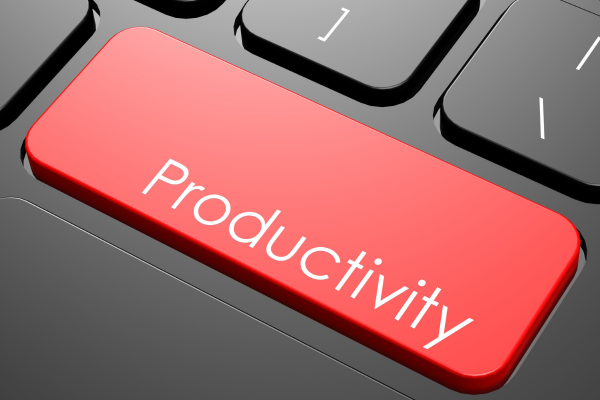
"... Ask the interviewers the question and learn about their experiences and perspectives."
Several companies value their employees' work/life balance, so it is generally acceptable to ask the interviewers the question and learn about their own experiences and perspectives.
In addition to directly asking the question there can be other details you can pick up on throughout the interview to assess the company culture and norms with respect to the work/life balance. For instance, the interviewers might ask if you can handle high pressure situations and are willing to work overtime and/or weekends on a regular basis, or conversely, they might mention their schedule flexibility, family life, hobbies, etc.
If the work/life balance is an important concern to you, and the company does not seem accommodating in that regard, it is better to find out about such norms as soon as possible (ideally before you accept a new role).

"... Focus on understanding the hours everyone keeps and the expectations."
The good news is - companies normally don’t want to hire people under pretense. They would be upfront with you about the long hours or the required fast pace. In fact, employers go a few extra miles to make sure the candidate is a match for the culture. This is why the interview process is multi-step and you get to talk to so many of the future coworkers. Listen carefully to the questions they ask – especially the situational (SAR) questions. “Give me an example of a time when you had to work under stress” - probably means you will encounter some stress at work. Ask open-ended questions and pick up clues. For example - “Does everyone on the team keep the same schedule?”, “What do you like about your job and what would you change?”, or “What are some of the challenges I may face in this role?”
I wouldn’t dwell on the work-life balance topic too much during the interview - just focus on understanding the hours everyone keeps and the expectations. Once you get the offer, negotiate a flexible schedule, if you need to. Maybe, you can’t come in until 9 in the morning because you have to drop off kids at school. It's reasonable to negotiate a 9 to 5 schedule - but try to do so before you sign the offer letter. If you know someone who works or worked there, definitely talk to them. Keep in mind that the work-life balance can vary widely between groups within the same organization. QC chemists may have less flexibility as they are tied to the production schedule and R&D chemists may work remotely part of the week - it all depends on the group culture.

"Asking about work/life balance... can raise "red flags" to the employer if not framed appropriately."
Interviewing is a two-way-street. The employer is going to ask you questions. However, a potential employee can also ask questions to understand the company culture, what a typical day is like, and what about work/life balance. Asking about work/life balance can be a challenge and can raise "red flags" to the employer if not framed appropriately. An interviewee may want to ask questions such as: “Why do you like working for the company?" “What is a typical work schedule?” Or “What is the company's policy on working from home or flexible schedules?" I would recommend using your network to identify people who work at the company or someone in your network who knows someone who does. As you gather information, you can gain insight to the company’s policy on work/life balance.
This article has been edited for length and clarity. The opinions expressed in this article are the author's own and do not necessarily reflect the view of their employer or the American Chemical Society.
ACS Career Consultants are experts and leaders working in the field of chemistry who have volunteered to support other ACS members’ career development through one-on-one career counselling. They can stimulate your thinking, ask important career planning questions to help clarify goals, provide encouragement, teach strategies for making meaningful career decisions, and aid you in your job search. Connect with an ACS Career Consultant today!
Copyright 2022 American Chemical Society (All Rights Reserved)











